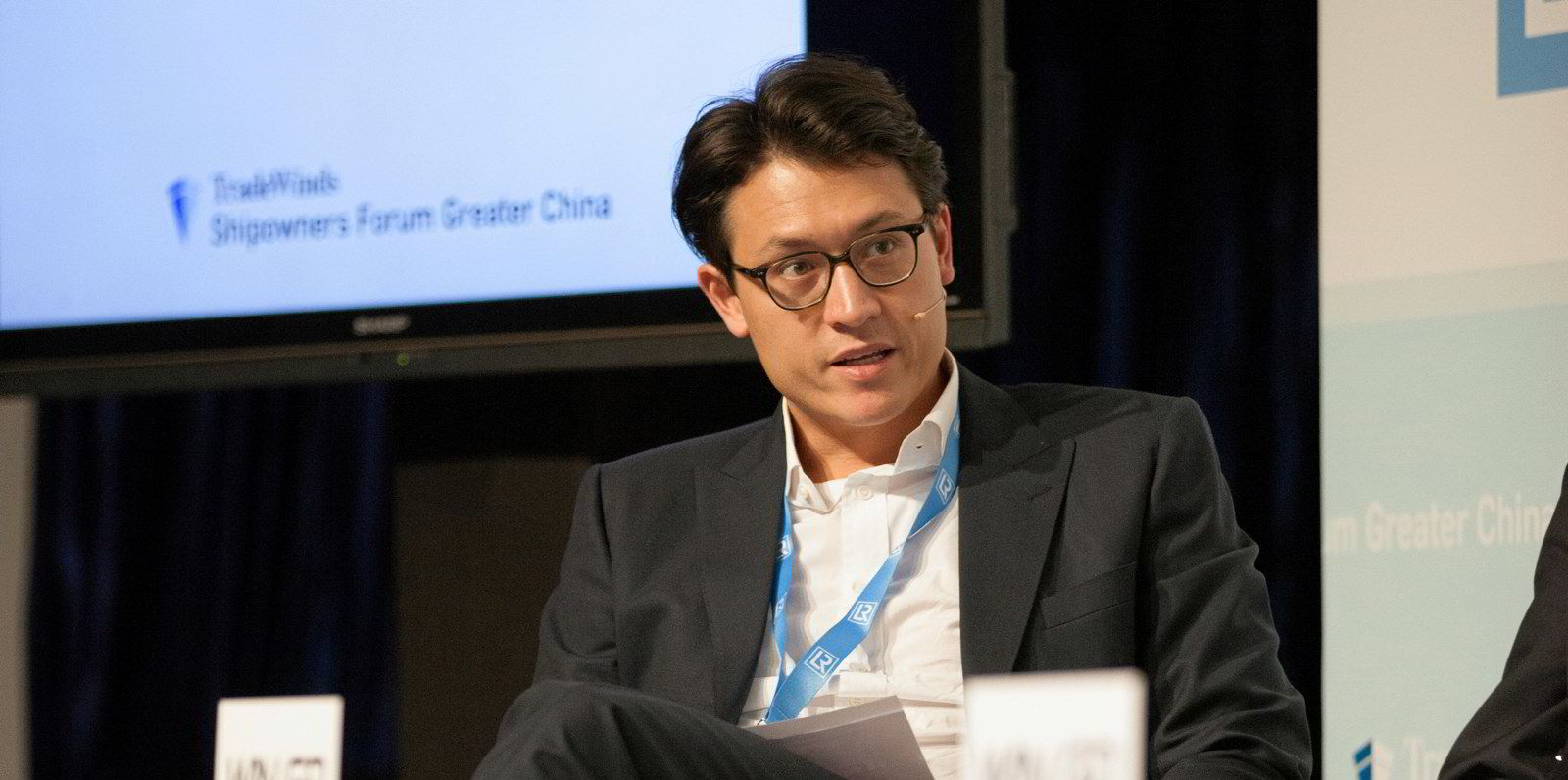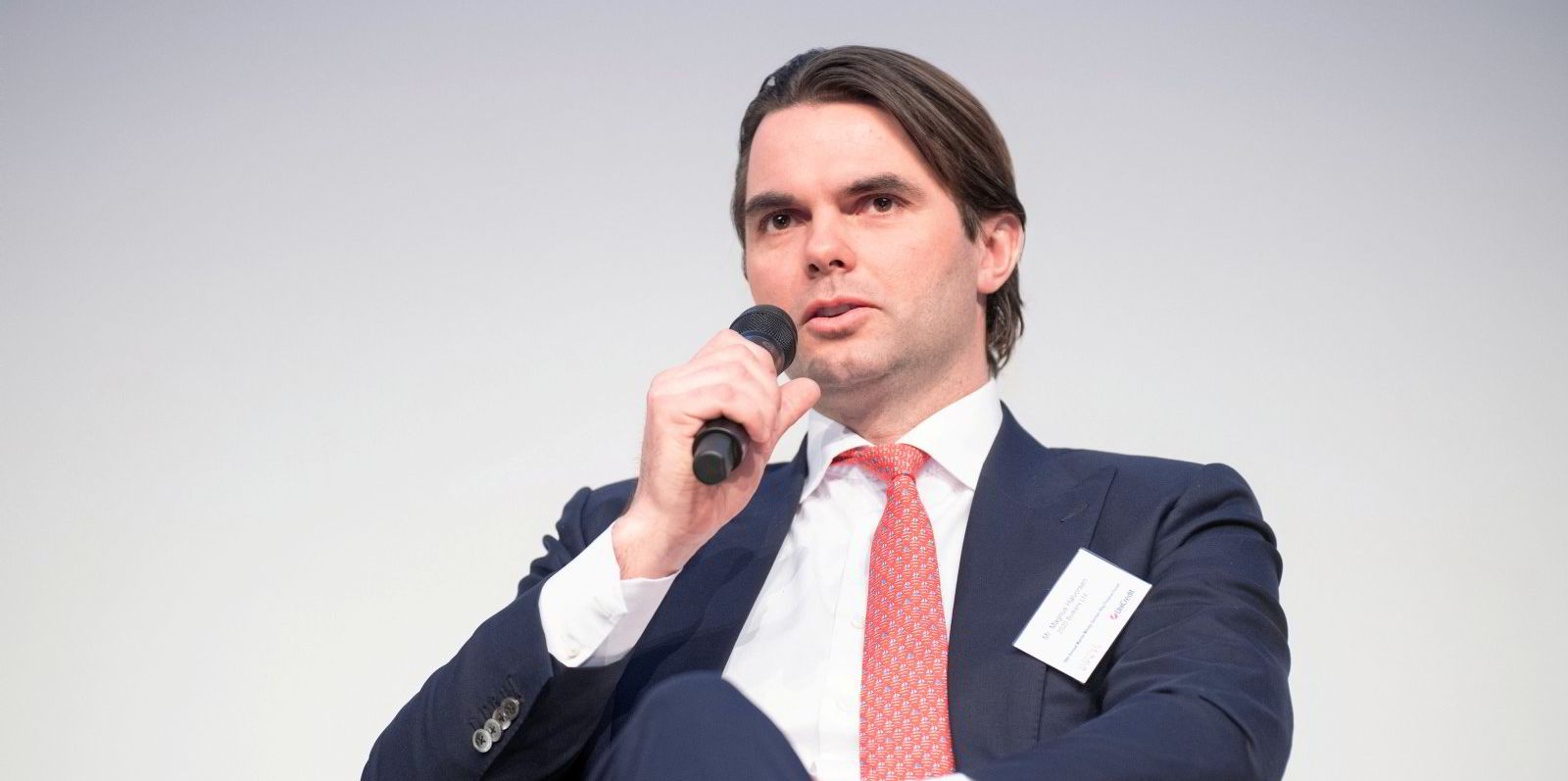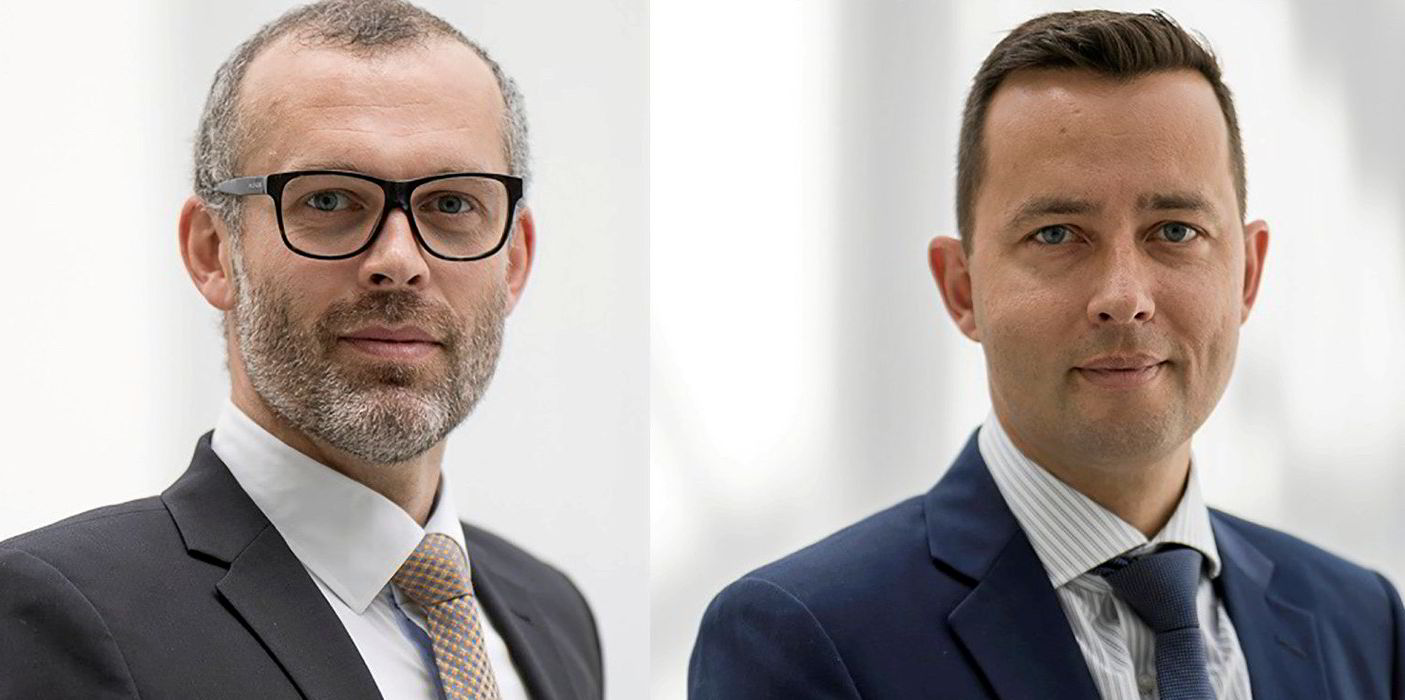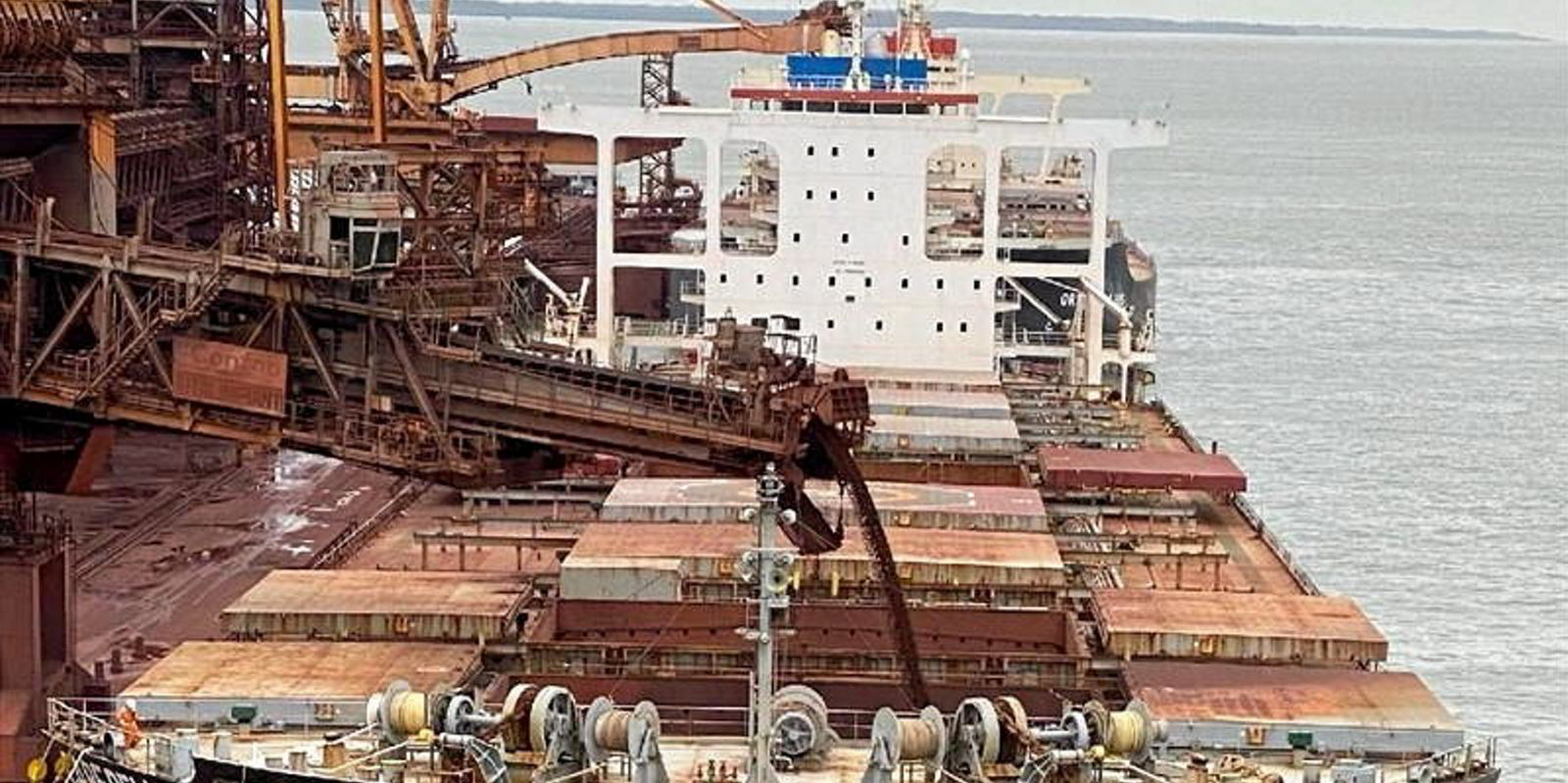Edward Buttery, the boss of what will be London's newest listed shipping company, wants to be in the sector for the long term.
The chief executive of Taylor Maritime Investments (TMI) explained to TradeWinds how the company will target growth following its planned $250m initial public offering.
The handysize and supramax specialist, which is being spun off from Hong Kong's private Taylor Maritime, has identified a $500m pipeline of potential bulker acquisitions.
But Buttery describes himself as a custodian of other people's money and will only strike when strict criteria are met.
"I'm 36, I've got a huge amount of energy," he said. "I want to work hard and create something with legs that brings shipping back to London."
And he added: "The management team and many others are willing to work very long hours, and put in the back-breaking work."
Highly disciplined
Buttery said the company's investment parameters are very disciplined.
The highly-leveraged, overpriced acquisitions that have often landed owners in trouble are not for TMI.
The CEO said these kinds of deals leave a "very thin margin for error".
He added: "Difficult markets mean you run out of cash too quickly."
TMI has eliminated this risk by pledging a zero long-term debt strategy.
"We have no management fees, so there is no big incentive to churn, to just buy and sell, buy and sell," the CEO said.
The plan is to always buy ships based on their long-term average returns, and hopefully at a discount, Buttery added.
Shooting out the lights?
He said these sectors do exist in shipping, but because they're not "super volatile", they have gone under the radar.
"The other sectors have been picked up by the guys who like leverage and want to shoot the lights out," said Buttery.
"We don't want to shoot the lights out. We want to create something long term and match shipping to the right kind of capital on a non-leveraged basis."
And the executive added: "We've done the homework and we think that's possible."
The company is starting life with a fleet of 23 handysizes and supramaxes.
The CEO would not be drawn on an ideal fleet size in the future.
No hostages to fortune
"I'm not someone who ever ties myself to fleet size," he told TradeWinds.
"I see lots of managers who say, 'We've got to be at 100 ships in two years or we can't get this cargo contract'," he added.
"I'm the guy that says I'm happy to be a shipowner with one ship."
He pointed out that he is a custodian of other people's money.
"My job and my family's job is to preserve, build and not excessively put at risk other people's money."
The CEO said Taylor Maritime has fantastic investors in the private equity and hedge fund space, but longer-term backing is now needed.
Buttery realised 15 months ago that if the market did what he thought it would, he could return good yields to the investors who bought at heavily distressed prices.
TMI sees handysizes as more suited to long-term capital.
Time to pay up?
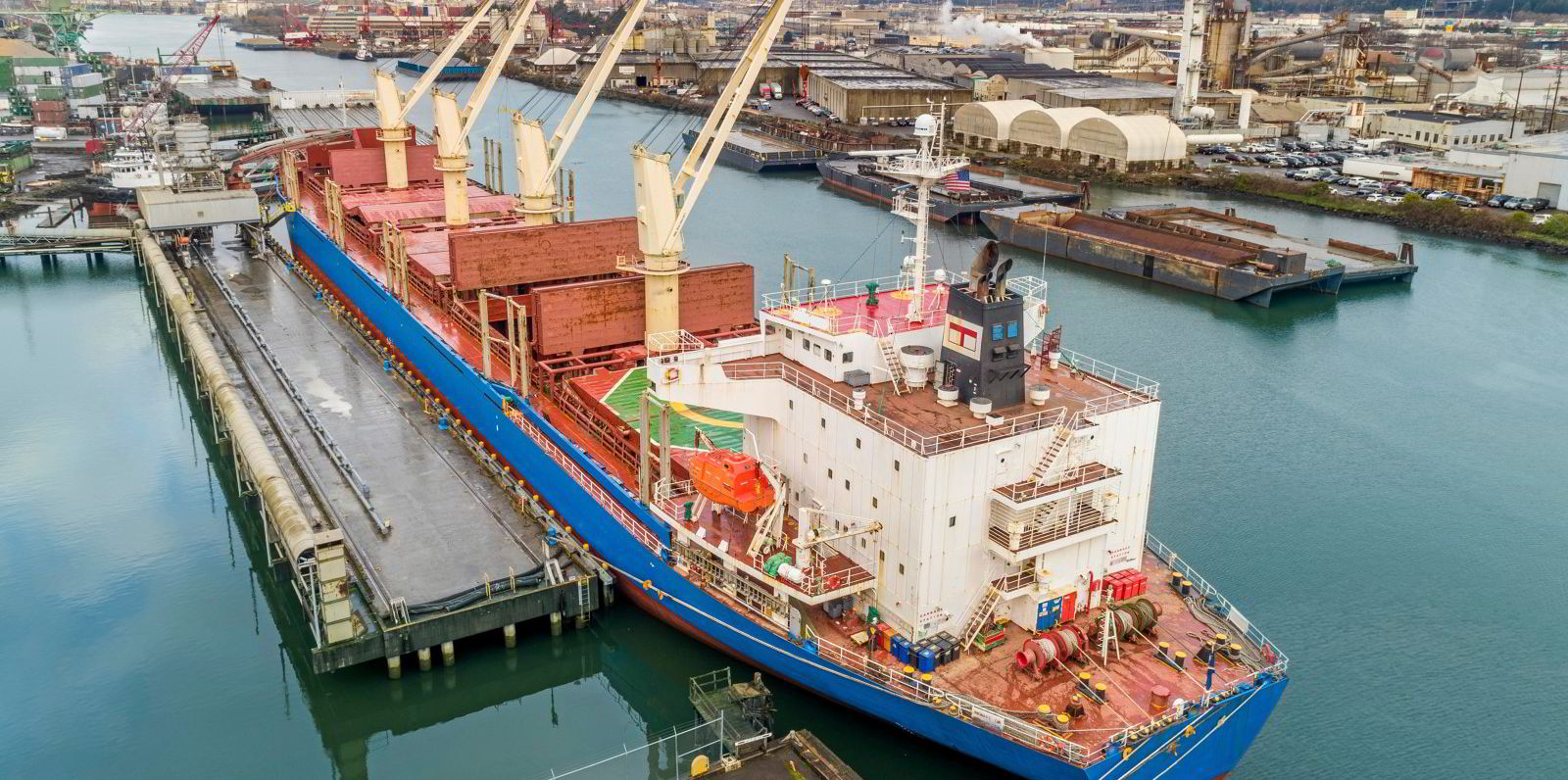
Buttery points out that a ship bought for $12m 30 years ago has returned 14% every year since, on a non-leveraged basis and based on the average charter rate for a one-year time charter.
So he does not view a price rise of $3m in a year for a good 10-year-old vessel as too much to pay.
Buttery said a 10-year-old supramax on sale at the moment had eight offers in a day, which is not something that has been seen in a long time.
Two supramaxes in the TMI fleet will be new additions, acquired from big-name owners, along with four handysizes.
Shipping families involved
Buttery said "very well-known" shipping families are either taking cash for ships or writing cheques for shares in the IPO.
But there will be no single controlling shareholder.
"We want to create a listed company that is not controlled by a single person, not controlled by management even," he said.
So why list in London?
Buttery said the city does not have a lot of listed shipping companies, but it does have investment fund Tufton Oceanic Assets.
What London does have, however, is a market filled with investors who are "incredibly bright and open to new ideas", in Buttery's view.
